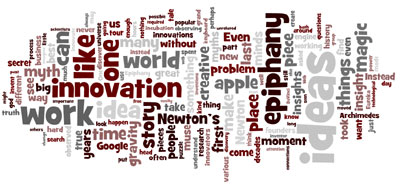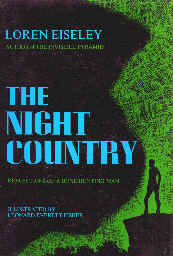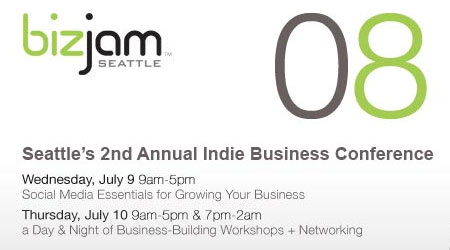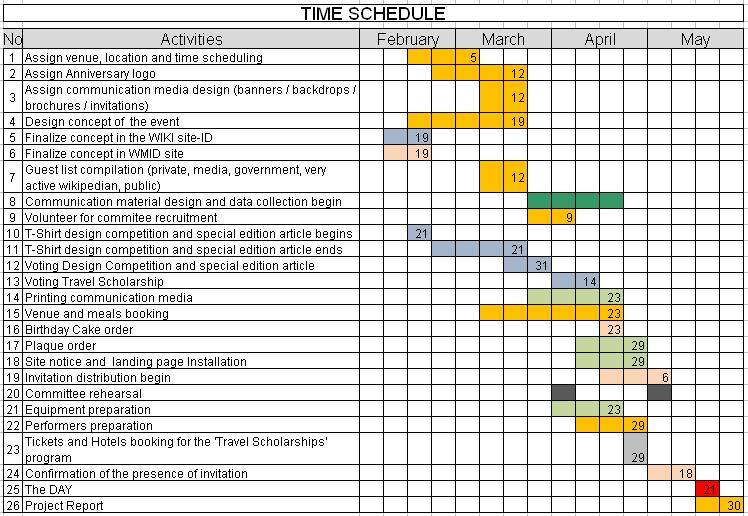The irony of my writings about innovation is how little interest I have in the latest trends. Sure, I keep up enough to have meaningful commentary: it’s my job. But at the same time everyone I meet in the context of “innovation expert” is surprised I don’t own an i-phone, mostly use a 2003 model laptop, and often prefer writing on legal pads to word processors. I am a total throwback.
Despite my knowledge of how things work, I’m mostly useless in talk about the latest gadgets. Unless you show it to me so I can play with it, odds are I haven’t used it before. I’m a Luddite sympathizer. A technological skeptic. My passions lie in the timeless, things so deeply good they connect and re-connect with us for years, decades and lifetimes. I’m ridiculously happy about the pursuit of timeless things, and many of my favorite timeless things do not have on or off switches.
I’m not an old man, but I’m not young either. I’ve been fortunate to figure out what makes me happy and a good percentage are not electronic. I find my most memorable days involved less time spent in front of computers, rather than more.
The trap is much of the world, the world of my generation, spirals around the web and its various technologies – there is no choice but to spend daily hours in it. I love its conveniences but its burdens are almost as numerous. If I could swing it I’m convinced I’d be a happier man in a lifestyle where the majority of my interactions with people were in person, rather than online.
If I could conjure up my fantasy world, a world comprised of amusement parks, water parks, huge untouched forests, Greenwich village, joyous, funny, opinionated, passionate people, all on a safe tropical beach island, with basketball courts with great runs everywhere, all things digital would be a cute treat I’d taste every few days. The real world, when done right, kicks the virtual worlds ass. I mean, it’s not even close. Great websites and video games, as much as I enjoy them, don’t hold a candle to great meals with close friends and fantastic sex with passionate lovers.
Technology can enhance the real world. But little adds something good, without taking something good away. I score most gadgetry as a net loss.
I take pride in my willingness to turn things off. When on vacation I don’t long for the web or for checking e-mail. But as of late I’ve found myself victimized by my own choices: working alone, traveling often, as writers often do, makes in person interactions with close friends less frequent than I’d like. I meet many good people, which is an privilege, but spreading myself across many relationships can’t help but make those connections thinner than we admit. And as fond as I am of using online interactions to fill gaps, the gaps remains. I know no combination of IM, twitter, e-mail, blogs, or whatever the next communication thing we proclaim as our savior can fill it.
I can’t close this missive with a confident prescription – I know only who I am and not who you are. And I confess that often at parties, when I’ve been drinking, I comically ramble on about the above (I’m an entirely passionate, and philosophically comic, drunk) – and I know people think I’m nuts. Cute, charming maybe, but nuts. I don’t expect my advice to mean much, but it’s worth a shot.
Right now, turn at least one thing off. If you can, turn all your gadgets and beeping things off, and listen to the sound of the world without them. Then stop reading this, or whatever the web teases you with next and do something crazy like… go outside. Grab your favorite person within 500 feet of you (by definition, there is always one person you like the most of those available within 500 feet), and go for walk. Lie in the grass under the sun and split clouds with your mind. Spend more time and money than you should at lunch. Food becomes you, literally, so be mindful of it while you eat it. And talk to someone as your food becomes you, or at least watch and observe the waiters while they work, they do more than you usually notice. A long break from digital things does wonders for the mind. And I bet when you return to whatever digital thing you felt you could not leave, you wont feel so dependent on it as you did before. And that’s a good feeling to have.



 This morning I taped a short segment for the
This morning I taped a short segment for the 
